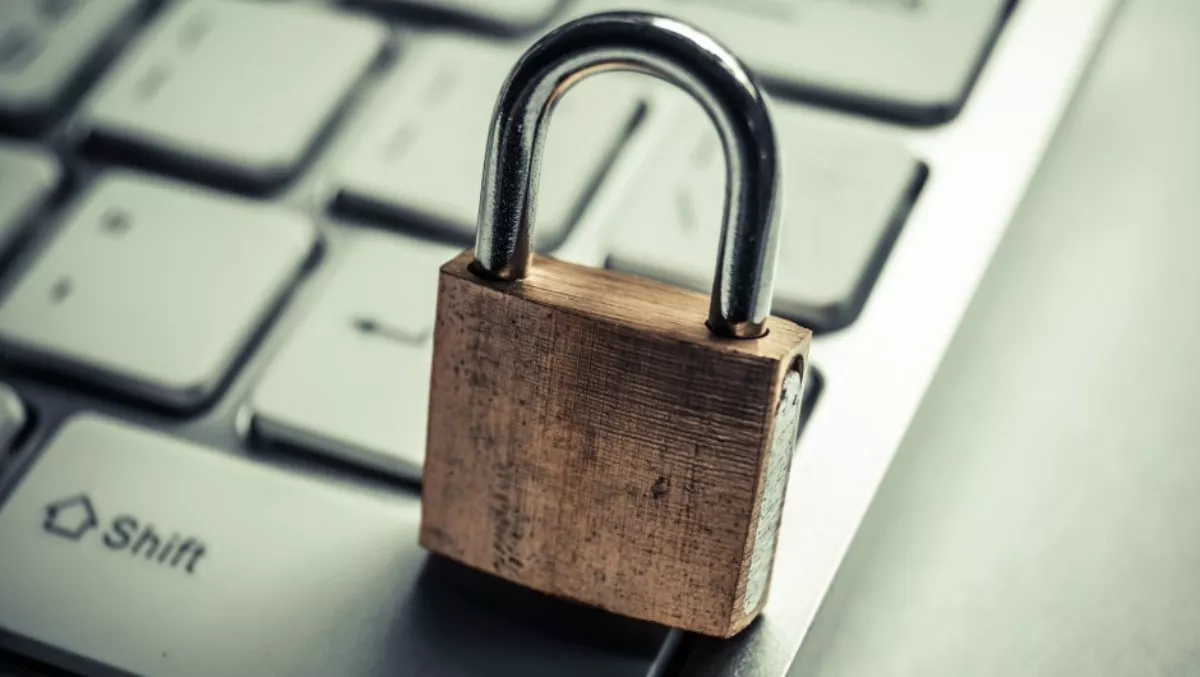
Kiwi organisations need all the help they can get when it comes to cyber security, according to the University of Waikato.
With seven potentially serious cyber attacks on New Zealand organisations detected monthly by the GCSB's cyber security programme Cortex, it is evident that organisations need all forms of help available, explains University of Waikato cyber security lab head Dr Ryan Ko.
Ko says proactive detection is good for New Zealand's overall cyber security posture, but there will be increasing demand by users wanting to take control of their own data security.
The university's Security Technologies Returning Accountability, Trust and User-centric Services in the Cloud (STRATUS) MBIE-funded research project has been set up to create a suite of security tools, techniques and capabilities that return control of data to Cloud computing users.
“The aim is to empower users to be able to control their own security of their data in the Cloud,” explains Ko.
“Companies and government organisations have the capabilities and are starting to address the gaps,” he says. “However, when individuals get compromised, many of us do not know what to do next. This is not just a technical solution gap, but also a capability gap.
Ko says the gap in capabilities in cyber security are mainly in education and research and that's where the STRATUS programme comes in.
STRATUS is a six-year, $12.2 million cyber security project, funded by the Ministry of Business, Innovation, and Employment (MBIE) and executed by a team of leading Cloud security researchers and practitioners from University of Waikato, University of Auckland, Unitec Institute of Technology and Cloud Security Alliance (CSA).
“In my opinion, the key factor in terms of capabilities are the technologies and research to actually allow organisations to perform cyber security operations and monitor the state of their cyber security without depending on an external consultant,” says Dr Ko.
“When every organisation is empowered with these capabilities, we will have a New Zealand cyber civil defence,” says Ko. “This will then complement the government and private sector capabilities as well.
Recently two University of Waikato Computer Science students secured internships at INTERPOL's Global Complex for Innovation in Singapore, working for three months on projects that will benefit the international security organisation and their own postgraduate study.
Doctoral student Jeff Garae worked on a Security Visualisation Intelligence research project and Masters student Shaun Stricot-Tarboton was awarded a 2015 Prime Minister's Scholarship for Asia for an internship with INTERPOL's Global Complex for Innovation (GCI) in its cybercrime division, working on an internationally-aligned taxonomy for cyber attack terminologies.
Stricot-Tarboton says the sheer quantity of cyber-attacks that occurred in the past 12 months is staggering.
“Over the past year 34.2% of 3.2 billion internet users' computers were subject to at least one web attack and about 10% of those, or 320,000,000, were successful,” he says.
Garae, who is from Vanuatu, came to Waikato University in 2013 on a Ministry of Foreign Affairs and Trade (MFAT) NZ Aid programme scholarship and was the first student to graduate with Waikato University's Master of Cyber Security.
Long-term, Garae hopes his research will contribute to the security of his own country and the Pacific as a whole.
“Cybercrime is a global, no-boundary threat and therefore cyber security can't be dealt with by individual countries alone. There needs to be continuous international (transnational) collaborations to address these issues,” he says.
